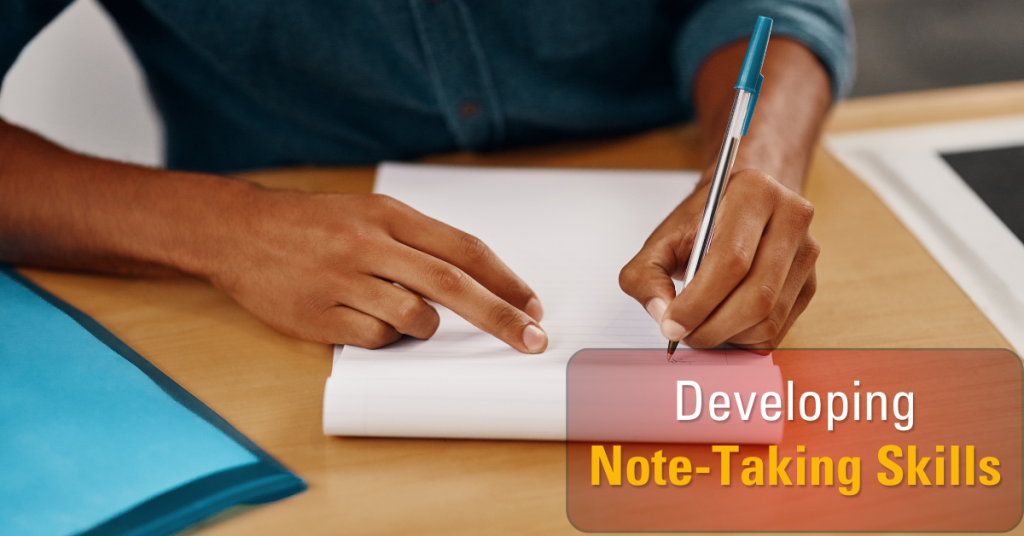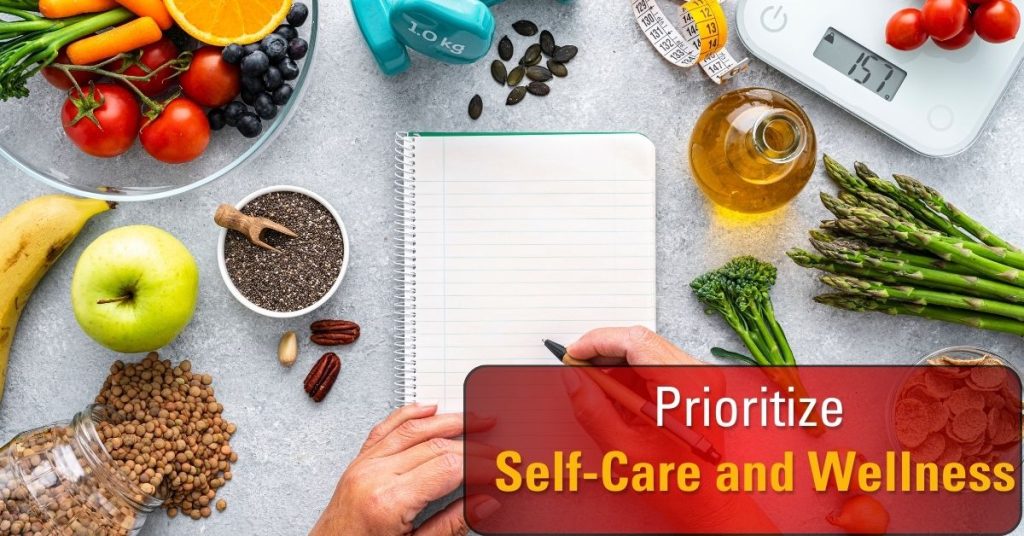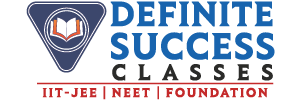
Achieving academic success requires more than just attending classes and completing assignments. It involves adopting effective study habits and, equally important, breaking away from counterproductive behaviors that hinder your progress. If you’re looking to excel in your studies and reach your full potential, it’s time to address and eliminate these six habits.
1. Procrastination
Procrastination is one of the most common and detrimental habits among students. It leads to last-minute cramming, increased stress, and poor-quality work. Breaking the cycle of procrastination can significantly improve your academic performance.

Why Procrastination Happens:
– Fear of Failure: Fear of not doing well can lead to avoiding tasks altogether.
– Lack of Motivation: When the task seems uninteresting or irrelevant, it’s easy to put it off.
– Overwhelm: Large projects can feel insurmountable, causing you to delay starting.
How to Overcome Procrastination:
– Break Tasks into Smaller Steps: Dividing a large task into manageable parts can make it less intimidating.
– Set Deadlines: Self-imposed deadlines can help you stay on track.
– Use a Planner: Schedule specific times for studying and stick to them.
– Eliminate Distractions: Find a quiet, distraction-free environment to work in.
2. Poor Time Management
Effective time management is crucial for balancing coursework, extracurricular activities, and personal life. Poor time management leads to stress, missed deadlines, and lower grades.

Common Time Management Pitfalls:
– Not Prioritizing Tasks: Failing to distinguish between urgent and important tasks.
– Multitasking: Attempting to do multiple tasks at once often leads to lower productivity.
– Lack of Planning: Not having a clear plan for your day can result in wasted time.
How to Improve Time Management:
– Prioritize Tasks: Use a priority matrix to determine which tasks need immediate attention.
– Create a Study Schedule: Allocate specific times for each subject and stick to your plan.
– Use Tools: Tools like calendars, planners, and to-do lists can help you stay organized.
– Set Goals: Short-term and long-term goals can give you direction and motivation.
3. Ineffective Study Techniques
Not all study methods are created equal. Some techniques may be ineffective and even counterproductive. Finding the right strategies can make a significant difference in your academic success.
Ineffective Study Techniques:
– Passive Reading: Simply reading the material without engaging with it.
– Cramming: Trying to learn everything at once right before an exam.
– Highlighting Excessively: Highlighting too much text can lead to information overload.
Effective Study Techniques:
– Active Learning: Engage with the material by summarizing, questioning, and discussing.
– Spaced Repetition: Review the material at increasing intervals over time.
– Practice Testing: Use flashcards, quizzes, and past papers to test your knowledge.
– Teach Others: Explaining concepts to someone else can reinforce your understanding.

4. Distractions and Multitasking
In today’s digital age, distractions are everywhere. Multitasking, such as checking social media while studying, can severely impact your focus and productivity.

Common Distractions:
– Smartphones: Notifications, messages, and apps can disrupt your concentration.
– Social Media: Constantly checking social media can eat up valuable study time.
– Noise: A noisy environment can make it hard to focus.
How to Minimize Distractions:
– Create a Study Space: Designate a specific area for studying that is free from distractions.
– Turn Off Notifications: Silence your phone or use apps that block distractions during study sessions.
– Set Boundaries: Let friends and family know your study times so they don’t disturb you.
– Use Focus Tools: Apps like Forest or StayFocusd can help you stay focused on your work.
5. Poor Note-Taking Skills
Taking effective notes is essential for understanding and retaining information. Poor note-taking can result in incomplete or disorganized information, making it difficult to study.

Common Note-Taking Mistakes:
– Writing Too Much: Trying to write down everything the teacher says can be overwhelming.
– Lack of Organization: Notes that are not structured can be hard to review.
– Passive Listening: Not engaging with the material while taking notes.
Effective Note-Taking Strategies:
– Use the Cornell Method: Divide your paper into sections for notes, cues, and summaries.
– Be Concise: Write down key points and concepts rather than transcribing everything.
– Use Symbols and Abbreviations: This can save time and space.
– Review and Revise: Regularly review and update your notes to reinforce your understanding.
6. Neglecting Self-Care
Balancing academic responsibilities with self-care is crucial. Neglecting your physical and mental well-being can lead to burnout and decreased academic performance.
Signs of Neglecting Self-Care:
– Lack of Sleep: Not getting enough rest can impair your cognitive functions.
– Poor Nutrition: Unhealthy eating habits can affect your energy levels and concentration.
– Stress and Anxiety: Constant stress can hinder your ability to focus and learn.
How to Prioritize Self-Care:
– Get Adequate Sleep: Aim for 7-9 hours of sleep per night to stay alert and focused.
– Eat Healthily: A balanced diet can improve your energy and concentration.

– Exercise Regularly: Physical activity can reduce stress and boost your mood.
– Take Breaks: Regular breaks can help you stay refreshed and prevent burnout.
– Practice Mindfulness: Techniques like meditation and deep breathing can help manage stress.
Conclusion
Breaking these six habits can significantly enhance your academic performance and overall well-being. By addressing procrastination, improving time management, adopting effective study techniques, minimizing distractions, enhancing note-taking skills, and prioritizing self-care, you’ll be better equipped to achieve your academic goals. Remember, success is not just about hard work but also about working smart and taking care of yourself along the way. Start making these changes today and watch your academic success soar.
FAQs
Q: How can I stop procrastinating?
A: Break tasks into smaller steps, set deadlines, use a planner, and eliminate distractions to stay on track.
Q: What are some effective time management tools?
A: Calendars, planners, to-do lists, and priority matrices are useful for organizing your time efficiently.
Q: What study techniques are most effective?
A: Active learning, spaced repetition, practice testing, and teaching others are highly effective study methods.
Q: How can I minimize distractions while studying?
A: Create a designated study space, turn off notifications, set boundaries with others, and use focus tools like Forest or StayFocusd.
Q: What are some good note-taking strategies?
A: Use the Cornell Method, be concise, use symbols and abbreviations, and regularly review and revise your notes.
Q: How can I balance self-care with academic responsibilities?
A: Ensure you get adequate sleep, eat healthily, exercise regularly, take breaks, and practice mindfulness to manage stress.

